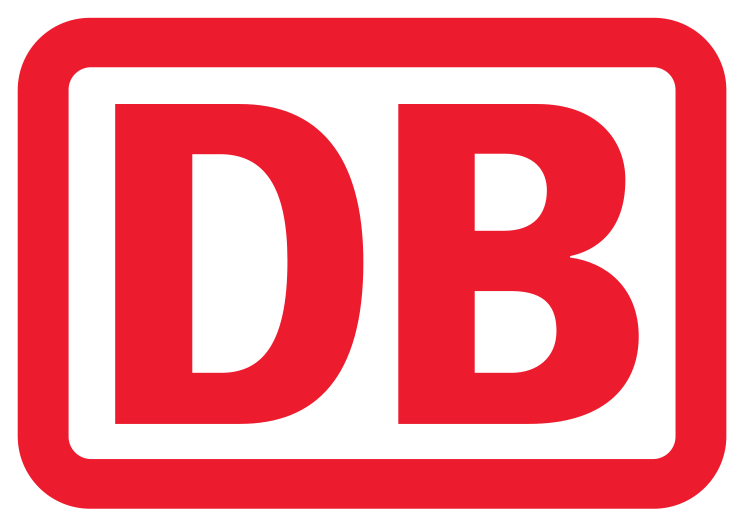Successful project controlling in practice
Realize project goals safely

Contents
Project controlling basics
- Objectives and tasks in project controlling, differentiation from project management and corporate controlling.
- Classic standards: DIN 69901, PMBOK® Guide, GPM Version 4.0 (ICB4) and PRINCE2®.
- Compact insight: Controlling agile projects.
- The project target figures performance/results/quality, deadlines and costs as the basis for active project controlling.
Project controlling toolbox
- Minimum requirements and project controlling tools for small projects: Information collection, meeting management, acceptance criteria, work package list, milestone list, simplified risk analysis.
- External versus internal reporting: pyramid structure, project status reports in the form of professional management reports, individual project KPI systems, plan/actual comparisons with deviation analyses as well as corrective and preventive measures.
- Project progress control with degrees of completion.
- Phase milestone plans, milestone trend analyses, Gantt plans.
- Cost trend analyses, project cost accounting, rolling forecasts.
- Differentiated risk analysis and assessment.
- Holistic project controlling: index values, earned value analyses.
- Change and supplement management.
- Resource management, productivity checks.
- Financial resource management, project costing, revenue recognition.
- Project reviews, project documentation, lessons learned.
- Instruments for agile projects: Backlog, Benefit Value, Task Board, Time Boxing, WIP Limits, Burn-Down-Chart, Definition of Done etc.
Organization of project controlling
- Compact definition of further controlling in the project environment: large-scale project, portfolio, multi-project, program controlling, tasks of a PMO Project Management Office.
- Fundamental decisions as framework conditions.
- The project team: role, tasks and cooperation of project management, project controlling, PMO and steering committee.
- Proven procedure for setting up, expanding and introducing project controlling.
- Project management software at a glance.
Best Practices
Learning environment
In your online learning environment, you will find useful information, downloads and extra services for this training course once you have registered.
Your benefit
- You will receive concrete support for your project controlling and learn about both proven and innovative, e.g. agile methods and tools.
- You will learn how to keep processes and resources on track, achieve project goals and thus support the project manager.
- You will be shown how to assess the effectiveness and efficiency of projects using key figures.
- You will learn how to identify potential risks and take countermeasures in good time.
- You will receive checklists and templates that you can use for your work.
Methods
Presentation, practice-oriented cases and exercises, checklists, workshop atmosphere.
PMBOK® Guide is a registered trademark of the Project Management Institute, Inc.
PRINCE2® is a registered trade mark of AXELOS Limited, used under permission of AXELOS Limited. All rights reserved.
Recommended for
controllers, project controllers, specialists and managers with project responsibility and managers who need project-relevant controlling knowledge to successfully complete their tasks.
Further recommendations for "Successful project controlling in practice"
3229
Start dates and details
Thursday, 19.02.2026
09:30 am - 5:30 pm
Friday, 20.02.2026
09:00 am - 4:30 pm
- one joint lunch per full seminar day,
- Catering during breaks and
- extensive working documents.

Tuesday, 17.03.2026
09:00 am - 5:30 pm
Wednesday, 18.03.2026
09:00 am - 4:30 pm
Tuesday, 21.04.2026
09:30 am - 5:30 pm
Wednesday, 22.04.2026
09:00 am - 4:30 pm
- one joint lunch per full seminar day,
- Catering during breaks and
- extensive working documents.

Tuesday, 16.06.2026
09:00 am - 5:30 pm
Wednesday, 17.06.2026
09:00 am - 4:30 pm

Monday, 27.07.2026
09:00 am - 5:30 pm
Tuesday, 28.07.2026
09:00 am - 4:30 pm
Monday, 21.09.2026
09:30 am - 5:30 pm
Tuesday, 22.09.2026
09:00 am - 4:30 pm
- one joint lunch per full seminar day,
- Catering during breaks and
- extensive working documents.

Monday, 05.10.2026
09:00 am - 5:30 pm
Tuesday, 06.10.2026
09:00 am - 4:30 pm
Thursday, 12.11.2026
09:30 am - 5:30 pm
Friday, 13.11.2026
09:00 am - 4:30 pm
- one joint lunch per full seminar day,
- Catering during breaks and
- extensive working documents.

Wednesday, 02.12.2026
09:00 am - 5:30 pm
Thursday, 03.12.2026
09:00 am - 4:30 pm
Monday, 15.02.2027
09:30 am - 5:30 pm
Tuesday, 16.02.2027
09:00 am - 4:30 pm
- one joint lunch per full seminar day,
- Catering during breaks and
- extensive working documents.

Thursday, 11.03.2027
09:00 am - 5:30 pm
Friday, 12.03.2027
09:00 am - 4:30 pm
- one joint lunch per full seminar day,
- Catering during breaks and
- extensive working documents.
 4.5
4.5












